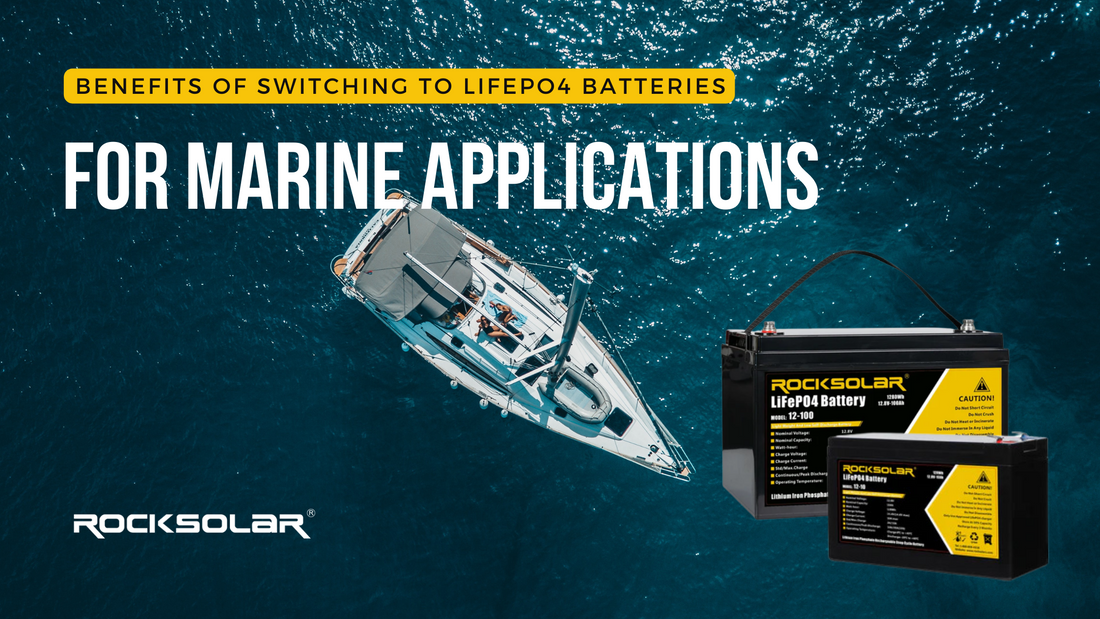LiFePO4 (Lithium Iron Phosphate) batteries are becoming increasingly popular in marine applications due to their numerous advantages over traditional lead-acid batteries. In this article, we'll discuss the benefits of using LiFePO4 batteries for boats, including safety, durability, and performance.
Safety
One of the most significant advantages of LiFePO4 batteries is their safety. Unlike other lithium-ion chemistries, LiFePO4 batteries are thermally stable and have a lower risk of thermal runaway, which can lead to fires and explosions. This safety feature is crucial for marine applications where fires can be especially dangerous.
Durability
LiFePO4 batteries are known for their exceptional durability, with a life cycle of up to 2,000-5,000 cycles, depending on the depth of discharge and other factors. This long life cycle makes them a cost-effective choice for boat owners, as they won't need to replace their batteries as often as with traditional lead-acid batteries.
Lightweight and Compact
Weight is a critical consideration for boats, as it can affect speed, fuel efficiency, and overall performance. LiFePO4 batteries Canada are much lighter and more compact than lead-acid batteries, making them an excellent choice for marine applications. By reducing weight and freeing up space, boat owners can improve their vessel's performance and efficiency.
High Energy Density
LiFePO4 batteries have a higher energy density than lead-acid batteries, which means they can store more energy in a smaller, lighter package. This feature allows boat owners to power more appliances and devices without adding excessive weight or taking up valuable space.
Faster Charging
LiFePO4 lithium marine batteries can charge much faster than lead-acid batteries, significantly reducing charging times. This advantage is particularly beneficial for boating enthusiasts who need to recharge their batteries quickly during short stops or while using solar panels, wind turbines, or other renewable energy sources.
Low Self-Discharge Rate
LiFePO4 marine battery has a low self-discharge rate, which means they can hold their charge for more extended periods when not in use. This feature is ideal for boat owners who may not use their vessels regularly, as it helps maintain the battery's charge and prolong its life.
Environmentally Friendly
LiFePO4 batteries are more environmentally friendly than lead-acid batteries, as they do not contain toxic heavy metals such as lead and cadmium. They also have a longer life cycle, which means fewer batteries end up in landfills. By switching to LiFePO4 deep cycle marine battery, boat owners can reduce their environmental impact and contribute to a cleaner, greener future.
Conclusion
Switching to LiFePO4 batteries for marine applications offers numerous advantages, including improved safety, durability, and performance. Boat owners can enjoy a more reliable and efficient power source that reduces weight, charges faster, and has a lower environmental impact. Explore RockSolar's boat collection for a range of LiFePO4 batteries and other essential components to upgrade your marine power system.
Related Posts:




